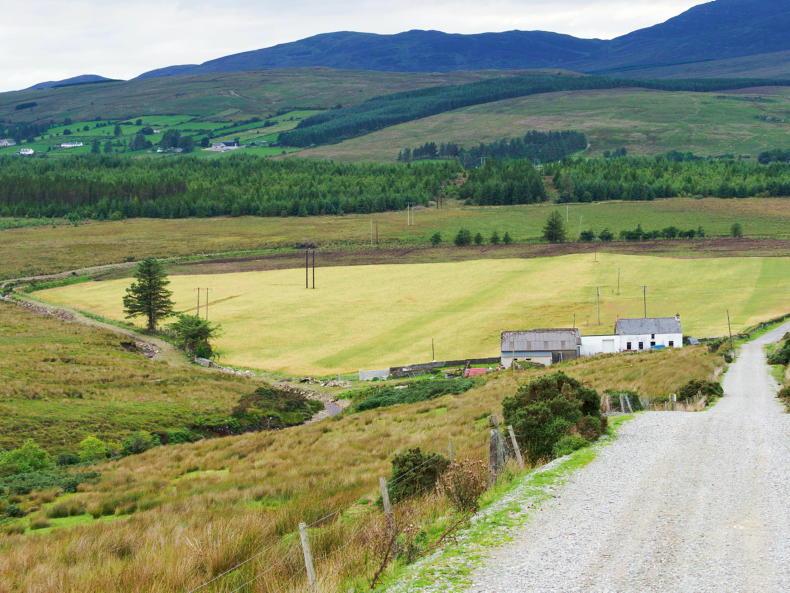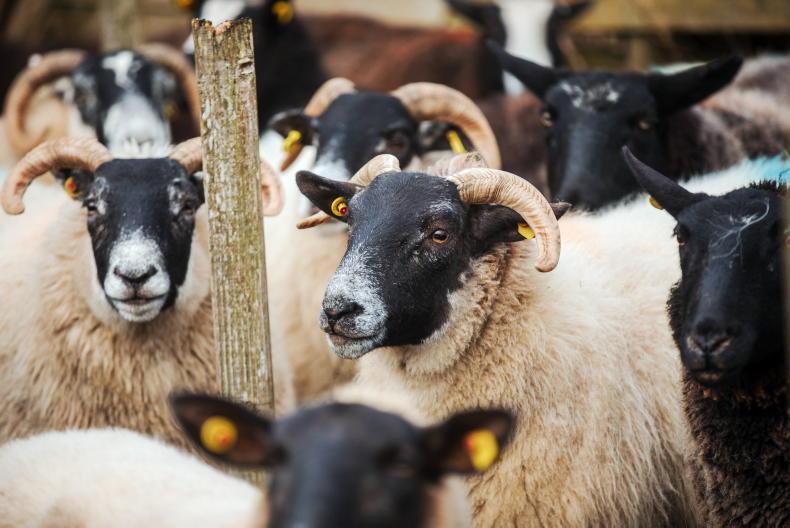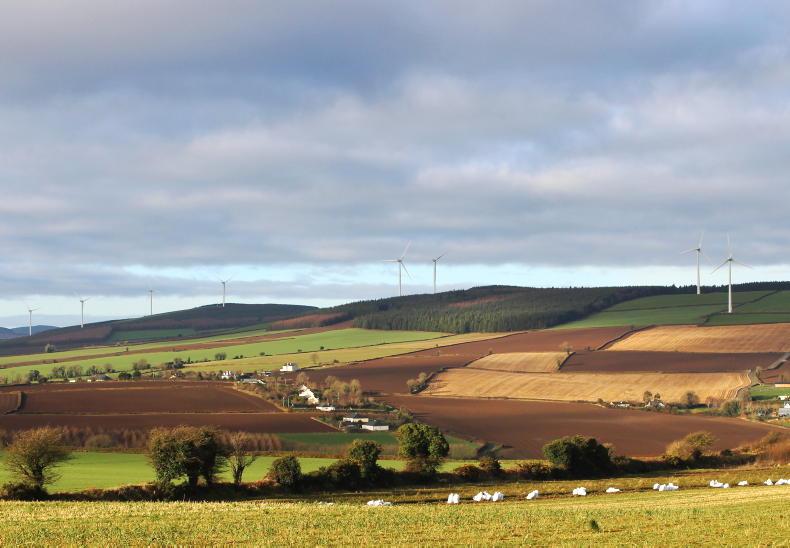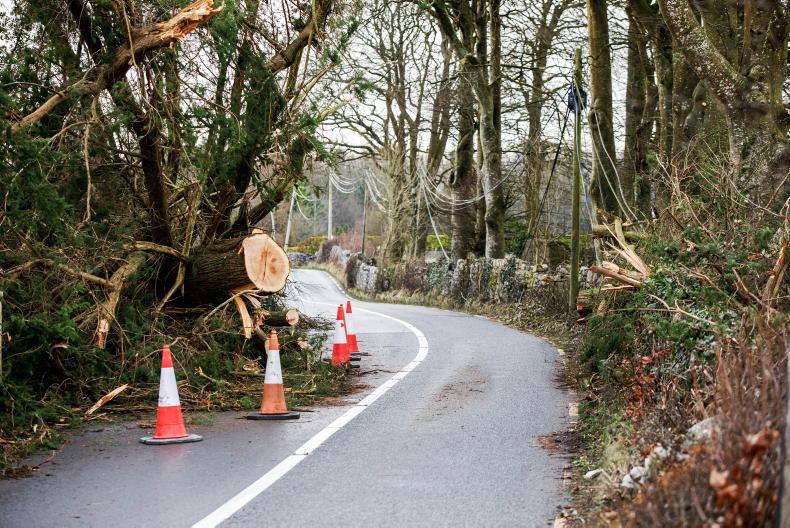Although two committees in the European Parliament have voted against the EU nature restoration law, the proposals remain on the table and could still pass, the Irish Natura and Hill Farmers Association (INHFA) has warned.
INHFA president Vincent Roddy stated that it remains “quite possible” that MEPs could still back an amended version of the law and have the proposals signed off by autumn.
Roddy spoke after raising concerns relating to the nature restoration law with EU policymakers in Brussels.
He reiterated fears that while farmers have focused “around the rewetting of our drained peatlands”, other elements of the law have not been fully “understood and challenged”.
Strict targets
Designated lands face strict targets under the law to deliver “pristine habitats” and a “significant threat” remains to the CAP payments of those farming these lands under article 12 of the proposals, the farm leader maintains.
“These articles see the implementation of an effective designation that will be more draconian than anything we have ever seen,” according to Roddy.
“We will see the sterilisation of large areas of land, with the possibility of this land area being expanded as required.
Casualty
“While farming activity will be an obvious casualty, its implications will also apply to local communities and there will be a requirement for State bodies and our local authorities to ensure the law is enacted.”
These areas of the legislation could act to exacerbate rural development works, Roddy said.
“Similar to the natura 2000 designations that provides environmental NGOs with the opportunity to object to critical infrastructural development needed to protect and develop local communities, the nature restoration law will be an objectors' haven,” he continued.
“However, the implications and reach of the nature restoration law will be more extreme, as this provides for legally binding targets that could well apply on all peat soils and other yet-to-be-defined habitat areas.”










SHARING OPTIONS